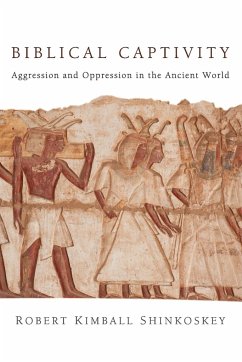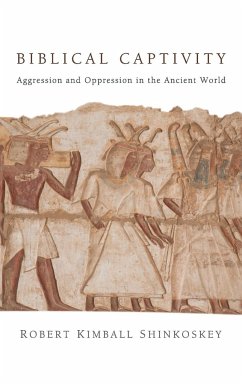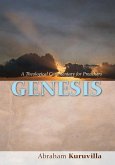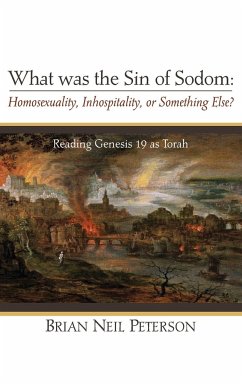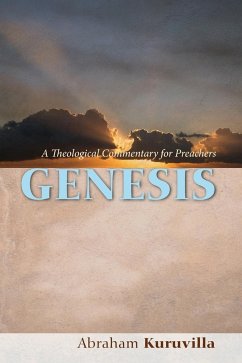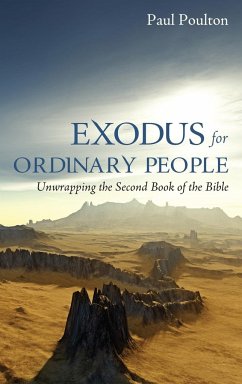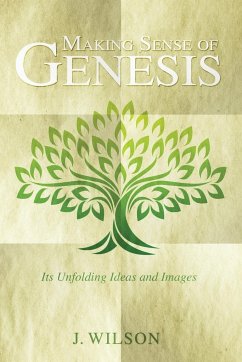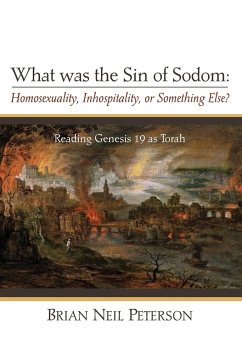Early literary man learned that free speech and free labor were frequently suppressed or obliterated by powerful governments in the Near Eastern world. This is the source of the Bible's passionate interest in liberation from political and economic repression. Moses and his people in Egypt, for example, experienced the rapid disintegration of their traditional right to religious liberty and self-directed labor. They attempted to rectify the situation at Sinai and in Canaan. Mesopotamians and Egyptians, Greeks, Sicilians, and Romans labored against tyranny as well. Robert Kimball Shinkoskey focuses on stories, laws, and movements dealing with the problem of political idolatry in the ancient world. His purpose is to show that the Bible is a civic narrative as much as a religious one, and that the Ten Commandments are articles in a constitutional law system that promotes the steady rule of law rather than the capricious rule of man.

